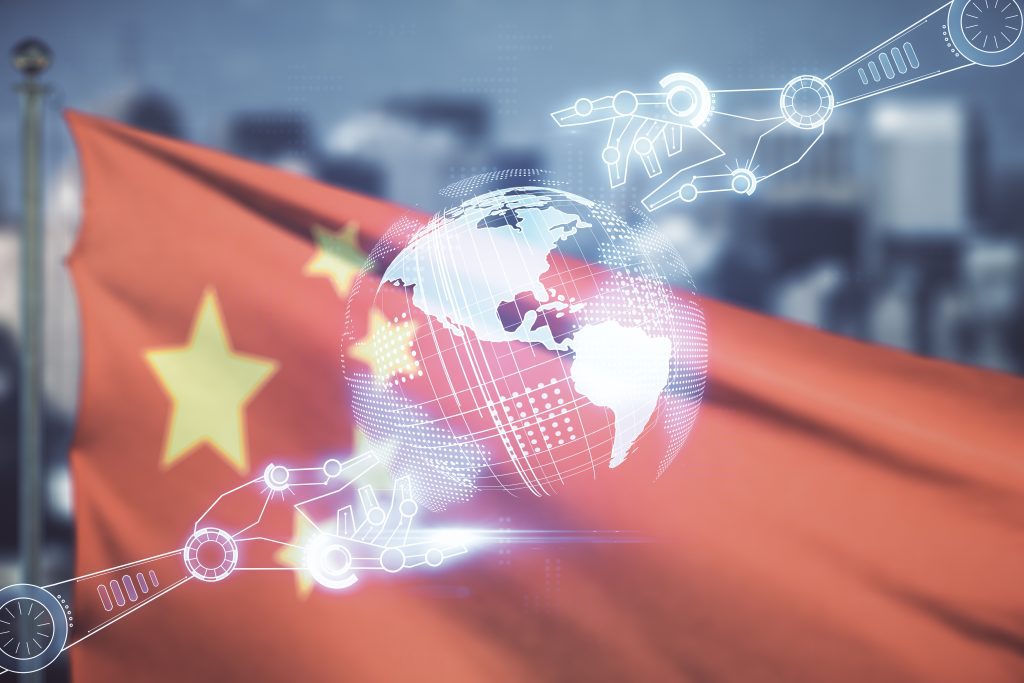Chinese leading AI expert argues for AI governance by the UN
Existing regulatory frameworks are struggling to keep pace with the rapid development of AI technology. The UN should play a critical role in ensuring inclusive and effective global AI governance.

The rapid development of AI technology has outpaced existing regulatory frameworks, creating challenges in areas such as generative AI and synthetic disinformation. These advancements have had a negative impact on trust in the internet and society, as well as posing a threat to global politics. Misuse and abuse of AI technology also present significant safety and security risks. In order to address these challenges, effective technical and social mechanisms must be implemented to ensure AI safety and security.
The incorporation of AI technology, such as generative AI, with various cultures necessitates inclusive and adaptable regulations that consider regional and domestic considerations. However, as AI industries and products provide services globally, they must also adhere to different regulatory frameworks in each country or region. Therefore, interoperability among different regional regulatory frameworks is essential for globalisation.
Several intergovernmental organisations, such as the OECD and GPAI, are working towards coordinating the development and regulations of AI. However, these efforts are currently not open and inclusive enough to serve as a truly global platform. UNESCO’s Recommendations for Ethics in AI, on the other hand, have achieved global participation and serve as a more inclusive work.
Efforts on AI governance from various organisations, including UNESCO, ITU, ISO, OECD, GPAI, and others, are fragmented and focus on different perspectives. More organisations are expected to be established to complement these efforts, with potential AI governance working groups under G20, BRICS, SCO, Belt and Road Initiative, and others. These organisations should be reorganised and interconnected to form a more systematic and inclusive global governance framework.
The United Nations (UN) is seen as the most appropriate intergovernmental organisation to bring together these fragmented governance frameworks. A new UN entity to support collective efforts to govern AI, inspired by models such as the International Atomic Energy Agency and the Intergovernmental Panel on Climate Change, should be established. This new agency should be adaptive, flexible, and inclusive, providing guidance and coordination for AI major powers.
The global governance framework for AI should address issues such as avoiding the use of AI for hate and unreasonable distrust, promoting AI for international peace and security, and mitigating risks posed by AGI and Superintelligence. The governance mechanism should be a network of organisations, with the UN as the hub, coordinating and collaborating on global AI issues. A global experimentalist governance mechanism should be applied, with periodic revisions based on global practices.
The purpose of coordinating global AI governance is to promote its healthy development and use for the benefit of humanity. This global network should also promote AI for sustainable development, coordinating international resources to address global issues such as biodiversity conservation, climate actions, cultural heritage, education, and healthcare. The aim is to create a shared future for mankind and benefit the global community.
Source: Global Times
